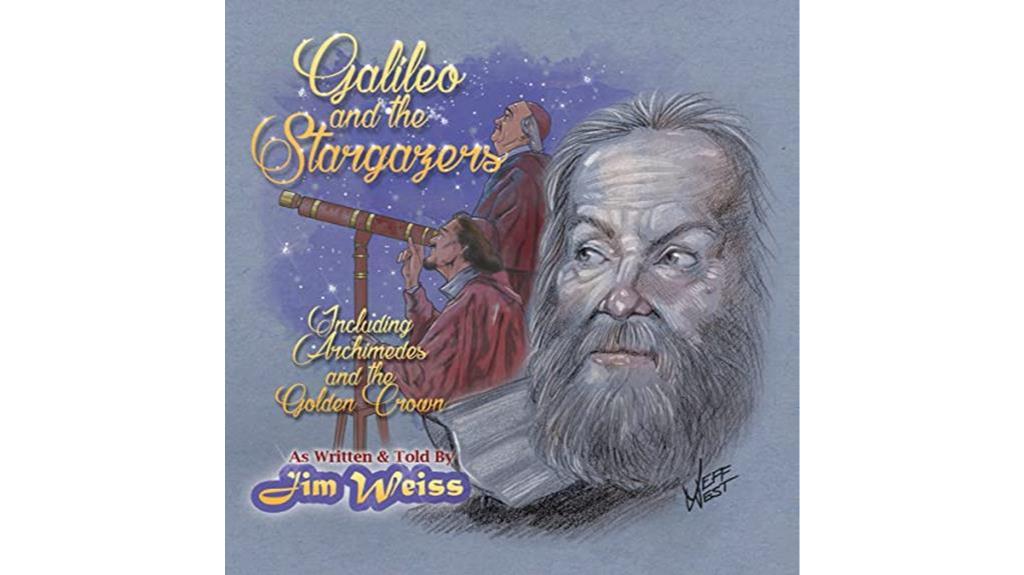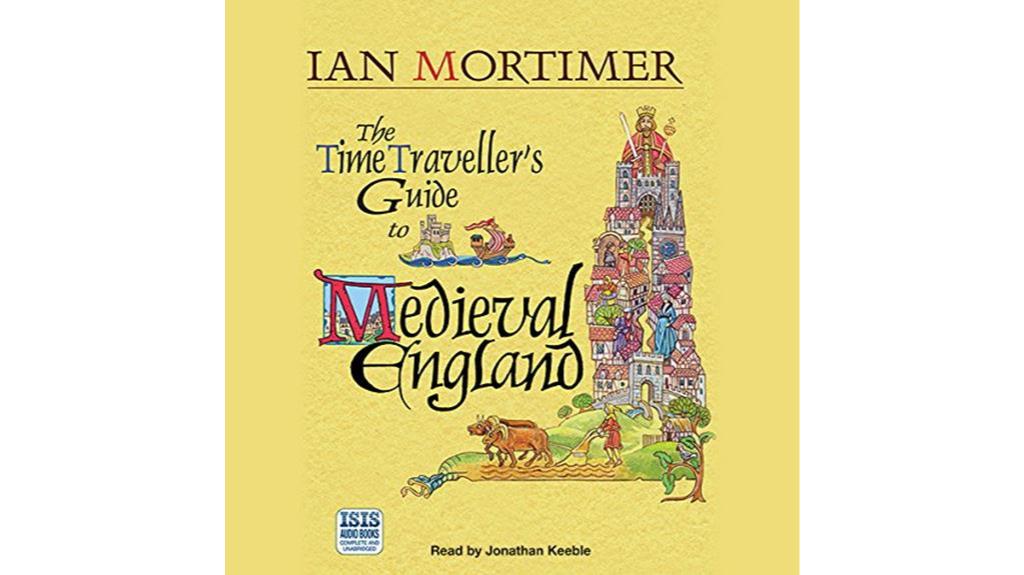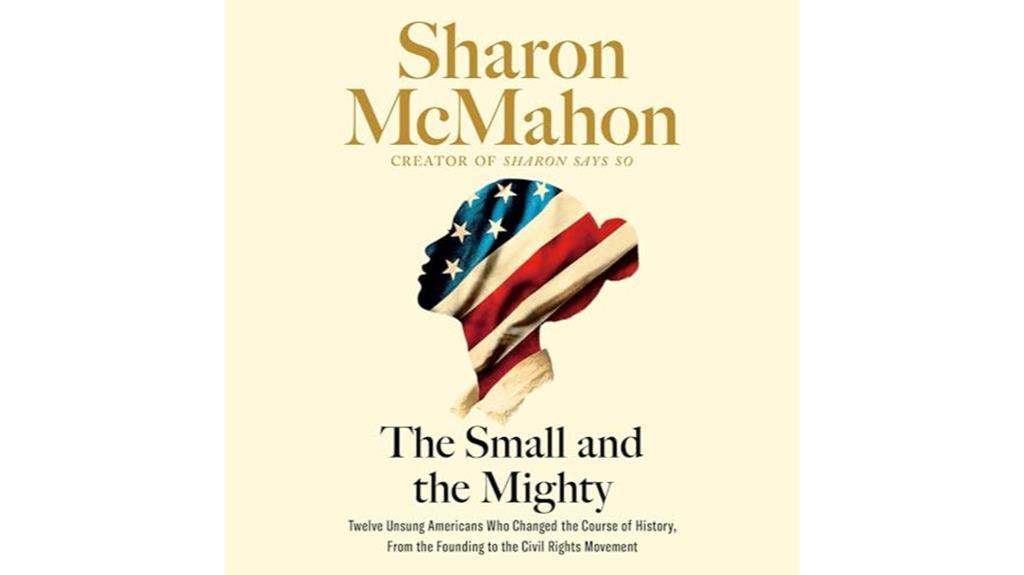Galileo and the Stargazers Review
In the realm of audiobooks, 'Galileo and the Stargazers' emerges as a thought-provoking exploration of scientific history and human ingenuity. Through meticulous storytelling and nuanced character portrayals, the audiobook offers a glimpse into the world of pioneering astronomers and their relentless quest for knowledge. While initial impressions may hint at a minor setback in maintaining sustained interest, the overarching themes of scientific discovery and resilience resonate profoundly. This audiobook beckons listeners to ponder the intersection of curiosity, innovation, and the enduring pursuit of truth.
Plot
The plot of 'Galileo and the Stargazers' delves into the compelling narratives of historical scientists such as Archimedes, Ptolemy, Copernicus, Tycho Brahe, Kepler, Galileo, and Isaac Newton, as narrated by Jim Weiss.
Through the lens of these scientific luminaries, the audiobook explores the evolution of astronomy and physics, offering a captivating journey through the annals of scientific discovery.
Each scientist's unique contributions and struggles are vividly portrayed, shedding light on the challenges they faced in challenging societal norms and advancing human knowledge.
As the stories unfold, listeners are immersed in the intellectual fervor of the times, witnessing firsthand the groundbreaking ideas and revolutionary breakthroughs that shaped our understanding of the universe.
'Galileo and the Stargazers' weaves together a tapestry of scientific inquiry and human perseverance, inspiring awe and admiration for these remarkable individuals.
Narration
Narration quality plays a crucial role in enhancing the overall listening experience of 'Galileo and the Stargazers'. The narration sets the tone, guides the emotional journey, and breathes life into the characters and events portrayed.
In the context of this historical narrative, the narrator's voice becomes the conduit through which listeners forge connections with the scientific pioneers of old. Jim Weiss's storytelling prowess is paramount in capturing the essence of each stargazer's quest for knowledge and discovery.
However, as highlighted in specific feedback, the narration of the Galileo story fell short in maintaining engagement. This raises questions about the consistency and impact of narration throughout the collection.
How does narration influence the retention of historical facts and the emotional resonance of these tales in the minds of listeners?
Summary
Drawing on the intricate relationship between narration quality and audience engagement, a comprehensive summary of 'Galileo and the Stargazers' reveals the multifaceted impact of storytelling on the educational and emotional resonance experienced by listeners. Through the exploration of heroic scientists like Archimedes, Ptolemy, Copernicus, Tycho Brahe, Kepler, Galileo, and Isaac Newton, the audiobook captivates both children and adults with its engaging narrative style.
While some stories like that of Archimedes and the Golden Crown shine brightly, others like the portrayal of Galileo may lack the same allure. However, the overall consensus highlights the educational value and emotional connections fostered by Jim Weiss's narration.
The collective experiences shared by audiences underscore the profound influence of storytelling in shaping young minds and leaving a lasting impression on listeners of all ages.
Conclusion
In conclusion, 'Galileo and the Stargazers' offers a compelling exploration of the evolution of astronomy and physics through the narratives of historical scientists.
While the audiobook may have some engagement issues, its vivid storytelling and portrayal of scientific pioneers leave a lasting impression on listeners of all ages.
The tapestry of scientific inquiry and human perseverance woven in this audiobook serves as a testament to the enduring impact of groundbreaking ideas and revolutionary breakthroughs.







